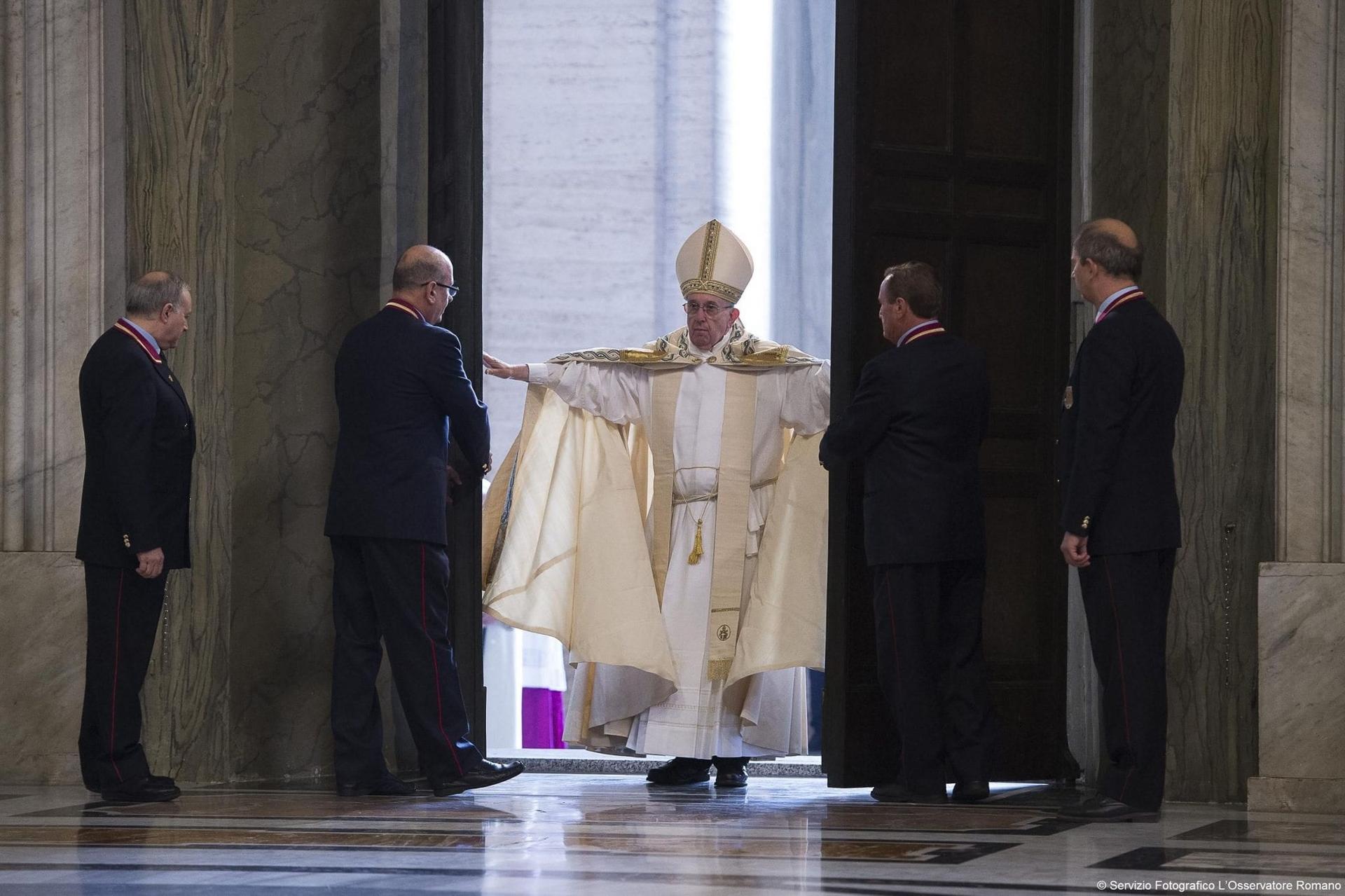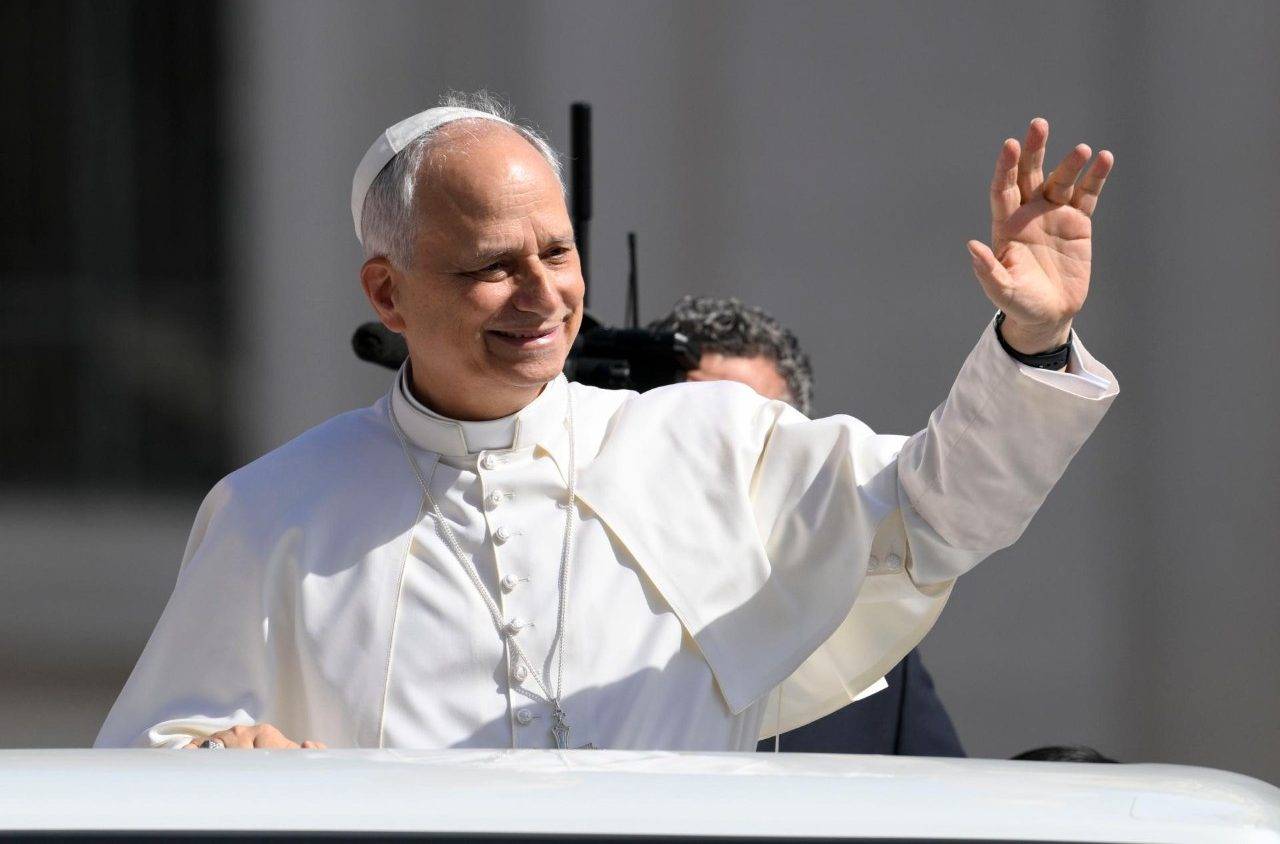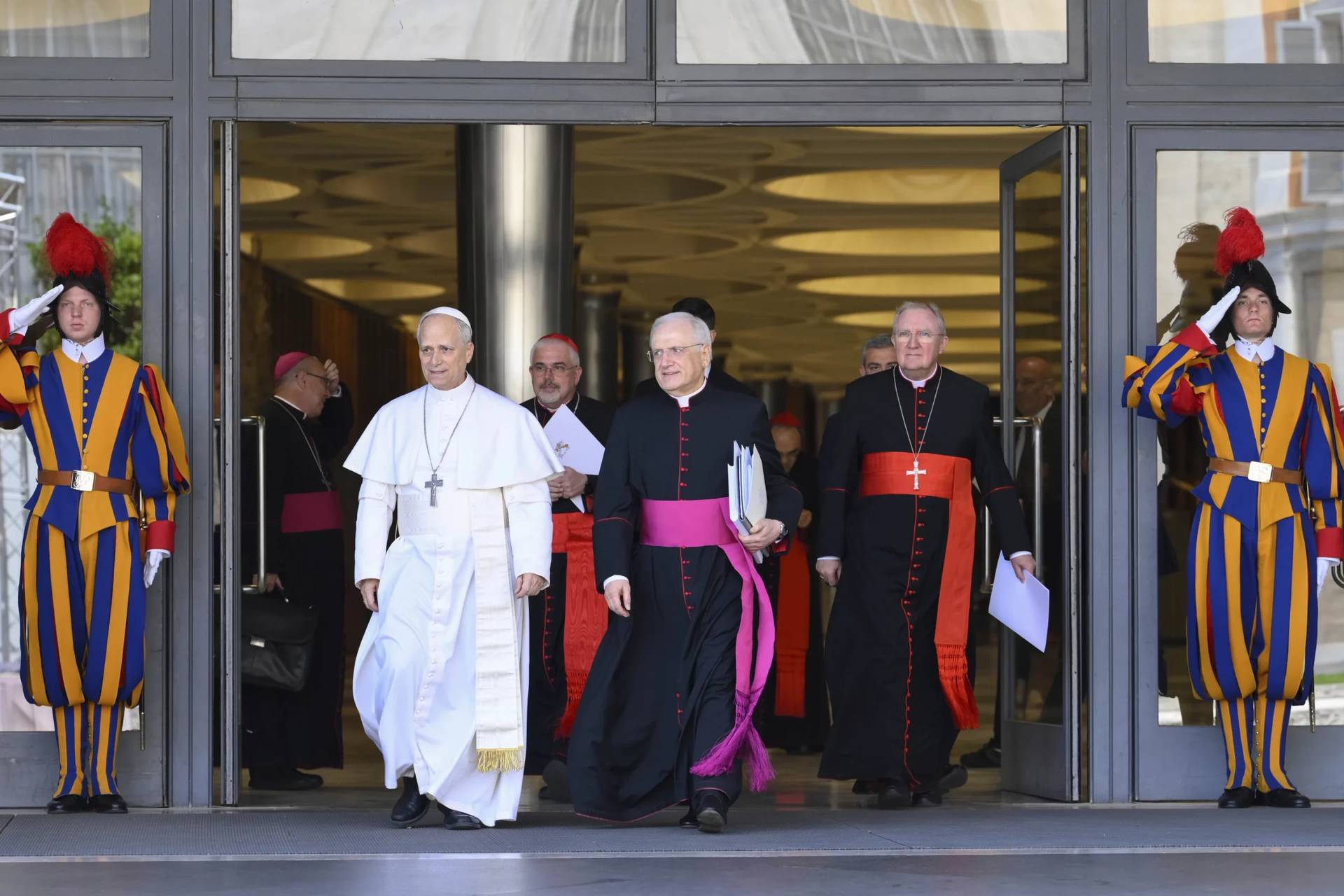In his 32-minute video address to the largest gathering of Latin American church leaders in a decade, Pope Francis could have chosen to riff on some of his favorite political and social themes: ideological colonization, say, or globalization, or even – given the novel presence of so many north-American cardinals and bishops – the ideal of intra-continental unity.
Instead, he opted for what appears, at first glance, to be a standard-issue Francis catechesis on the dynamic of mercy: recognizing that it is our sin and repentance, rather than our merits, that bring God close; understanding mercy as an action not an idea, one that begins in God’s love and spills out into service and forgiveness of others; and that being a pastor is above all about embodying mercy for others, so that the Church becomes a channel of divine mercy rather than an obstacle to it.
But Francis is famous for messages that appear to be universal, or straightforward, but given a certain context have a connotation and power that make them highly targeted. As Archbishop of Buenos Aires, he would often say, in answer to the question of who his remarks were aimed at, that “if the shoe fits, wear it.”
Dig a little deeper into the context of the Jubilee of Mercy meeting in Bogotá, and it’s easier to see at least two targets of his message.
The first is to Colombia, which only this week signed an historic peace agreement ending a half century of protracted armed conflict that has left a quarter of a million dead and millions displaced.
Although the news of the deal – signed in Havana between the government of Juan Manuel Santos and the largest rebel militia, the Revolutionary Armed Forces of Colombia (Farc) – has been met with euphoria, it is not without its critics, led by former president Alvaro Uribe.
Opponents are scandalized that Farc’s 7,000 armed rebels are being given new lives – including state payouts – without seeing the inside of a courtroom or jail, and that, in exchange for demilitarization, their guerrilla movement is being recognized as a political actor.
The Catholic Church in Colombia has played a discreet but central role in the peace process, organizing truth and reconciliation hearings to enable all sides to understand the impact of violence and to learn to forgive.
In this context, the pope’s whole address can be read as putting turbo boosters on the Church’s support for the process. Noting how easily it is to be scandalized by the father of the Prodigal welcoming him as a son rather than punishing him as an outcast, we are scandalized, says Francis, “when we forget how the Lord has treated us, when we begin to judge and divide people up … We fragment the present by creating ‘groups.’ Groups of good and bad, saints and sinners.”
One of the causes of the prolonged conflict in Colombia has been the persistent breach between the privileged classes that own most of the country’s wealth and opportunity, and the poorer indigenous groups in remote areas which have made up the bulk of Farc’s guerrillas.
Francis appears to explode the criticisms of Uribe and other opponents of the peace deal when he says that “we” – the pope never points the finger directly – are part of “a culture tainted by the exclusion that might threaten the interests of a few,” one that “has squandered the wisdom of the indigenous peoples and has shown itself incapable of caring for the richness of their lands.”
The Marxist guerrillas may have done wrong and held an erroneous ideology, Francis seems to say, but their narrative has been lent credibility by the treatment of the poor and the indigenous.
No one, in short, has the right to throw stones.
And in case anyone has any doubt about the Church’s position, Francis spells it out. The Lord, he says, “sends us with one program alone: to treat one another with mercy. To become neighbors to those thousands of defenseless people who walk in our beloved American land by proposing a different way of treating them.”
This is the other, larger target of Francis’ remarks: the Latin American Church, and the program spelled out at the conclusion of the continent-wide bishops’ meeting in Aparecida, Brazil, in 2007, at which the then Archbishop of Buenos Aires played a key role.
Aparecida had two key ideas that now form part of the lexicon of the contemporary Church in Latin America: “missionary discipleship” and “pastoral conversion.”
Francis makes clear in his Bogotá address that mercy is the key to both. What made St Paul a disciple was “the trust God showed in him despite his many sins,” while “the heart of pastoral work is showing mercy.”
Although this is something Francis has urged on the whole Church, he links this idea to a notion that is specific not just to Latin American Catholicism but that grew out of the ‘theology of the people circles of the La Plata School to which Bergoglio has long been linked.
Urging the Latin American bishops “especially to show mercy to God’s holy and faithful people,” he reminds them that “they know a lot about being merciful because they have a good memory.” Mercy, he goes on, is learned from experience, an experience of suffering that leads to solidarity.
The true experts in mercy, in other words, are the poor of Latin America – and the Church needs to learn from them, being careful not to add to their suffering, but rather to “empower paths of hope” in order to “make mercy shine forth.”
It is a message that is not just vintage Bergoglio, but that comes deep from within the soul of the Latin-American church. In this message he is reminding them to stay faithful to the program they have all agreed on – a continental mission of mercy that is the bedrock now of the program of the universal Church.















